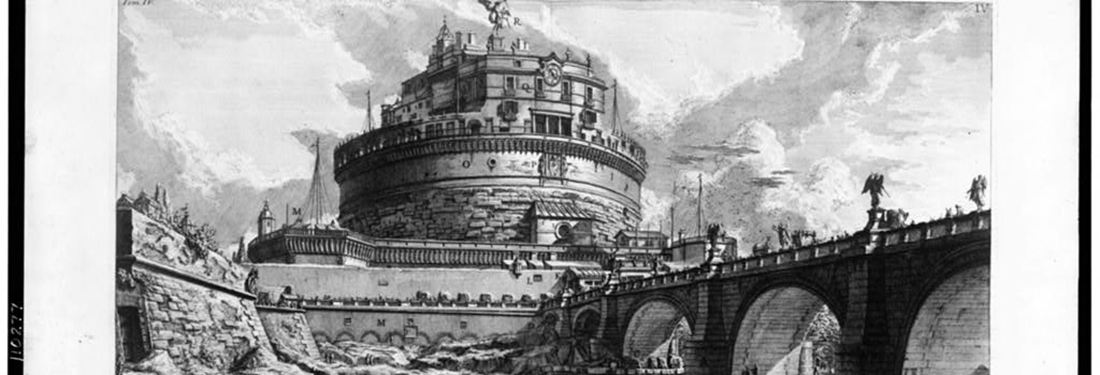

To the extent that singers should be considered stewards of their repertoire, equating bad singing to whatever “verismo” is will only be to the detriment of verismo.
Eastern Long Island remains surprisingly verdant even into the early fall.
Boston Lyric Opera’s shows, of late, are often going to war with their texts.
Does Diane Paulus really have no better ideas?
The rule that governs Dante’s Inferno is called the “contrapasso” – that every sinner is given a punishment in poetic proportion to their crime.
Not too long ago, Benjamin Bernheim gave an interview to Opéra Magazine in which he stated “Je ne suis pas un top model.”
An air of discovery pervaded the first New York presentation of La ville morte much the way that it pervades the opera’s plot itself.
“I come, I come! ye have called me long;
I come o’er the mountains, with light and song”
Puccini’s schmaltziest, most melodic, most dramatically limp, most cynical, most obscure mature work
And is this ‘Orpheus’ in the room with us right now?
Real estate is hot along the Acela corridor right now: as proof, Judith will have toured at least three castles in New York and Boston between this spring and last.
The flashing eyes, the floating hair, and the inexplicable barefootnedness during the second half of Saturday night’s performance confirmed one thing: Kristine Opolais is back.
It says something about Boston’s opera scene that one of the most consistently ambitious events of the opera season is a one-off performance played by the Boston Youth Symphony Orchestras.
Julia Bullock seems to fission herself multiple times over during the course of her newest, widely ranging recital program.
New York shall never be in need of another Messiah to assist to during the holiday season, but a new tradition is beginning to crystallize at the cavernous St. John the Divine to rival it.
Gioachino Rossini’s adorable adaptation of Cinderella famously dispenses with a slipper in favor of a bracelet to lead the Principe Ramiro back to his Cenerentola. If only this performance had benefitted from such a glittering guiding hand.
Phil Chan described his point of departure for reimagining Orientalist works as the question, “what else could this be?”
Before rehearsals for Madama Butterfly started, Phil Chan sat down with the box to chat about his production, opera’s cultural appropriation problem, and why the last thing he’s trying to do is cancel Puccini.
If sex sells, then the 40 years of success for Evita show that the strawman construction and vicious takedown of an unsexy, supremely unlikable woman in just under two-and-a-half hours is just as viable a quantity.
In Boston Lyric Opera’s production of Bartók’s Bluebeard’s Castle, which closed on Sunday after a nearly sold-out run—there are no doors.
I can’t imagine anything more anxiety-inducing than being put in at last-minute to sing a role in a high-profile production at the Met.
There is a moment about 75% of the way through the Rome Narrative where you can almost literally hear Tannhäuser’s stomach turn.
Shortly before Tuesday’s performance of Salome at La Scala, I did something I rarely do: I took a mirror selfie.
Following new productions of Tosca in 2017, Adriana Lecouvreur in 2018, and the Anna Netrebko-led Puccini orgy of 2019, New Year’s Eve at the Met has come to signify that verismo, as this school tends to be known, is still kicking.